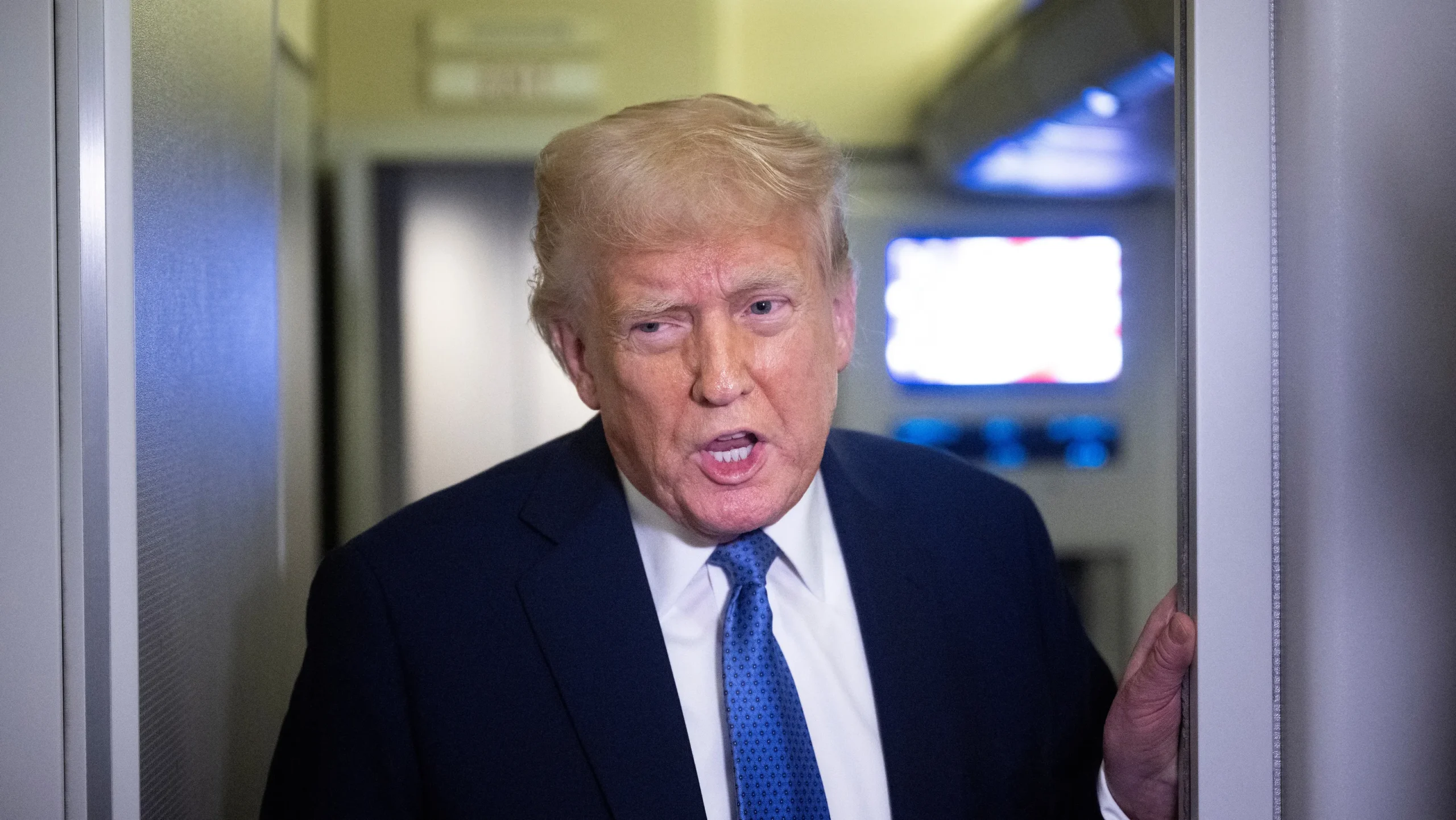Officials from the Trump administration assured a judge Thursday they are preserving messages shared on the Signal app about an attack on Houthis in Yemen, despite the app’s option to automatically delete those messages.
The nonprofit advocacy group American Oversight filed a lawsuit Tuesday seeking to preserve the messages among top national security officials from March 11 to 15 that were shared with a reporter because of the potential for their erasure.
But a Justice Department lawyer and officials from two departments told Chief U.S. District Judge James Boasberg they were already working to ensure the messages are preserved for the National Archives and Records Administration.
“We are also working with the agencies to preserve whatever records they have,” said Amber Richer, a Justice Department lawyer.
With the agreement of government officials, Boasberg ordered them to preserve the Signal chat record. He asked for an update about the preservation efforts Monday.
Signal chat revealed top officials discussing attack in ephemeral messages
The chat set off a political firestorm after Atlantic editor-in-chief Jeffrey Goldberg revealed he was inadvertently included on the chat. He later published the thread of messages that described the planes, flight times and targets hours before the pending attack.
National Security Adviser Mike Waltz took responsibility for inadvertently including Goldberg. Defense Secretary Pete Hegseth, Secretary of State Marco Rubio, Director of National Intelligence Tulsi Gabbard and CIA Director John Ratcliffe were also on the chat.
The lawsuit named those officials as defendants, along with Treasury Secretary Scott Bessent and the National Archives and Records Administration.
The lawsuit alleged that Waltz had the app set to delete some messages after one week and other messages after four weeks. But the lawsuit said the Federal Records Act requires officials such as Waltz, Hegseth and others to preserve their records for the National Archives.
“Using disappearing messaging apps to plan highly sensitive military operations isn’t just a transparency problem – it’s a national security crisis and potentially criminal,” Chioma Chukwu, interim executive director of the nonprofit American Oversight, said in a statement. “These officials chose platforms specifically designed to leave no paper trail for decisions that could cost lives and impact global stability.”

